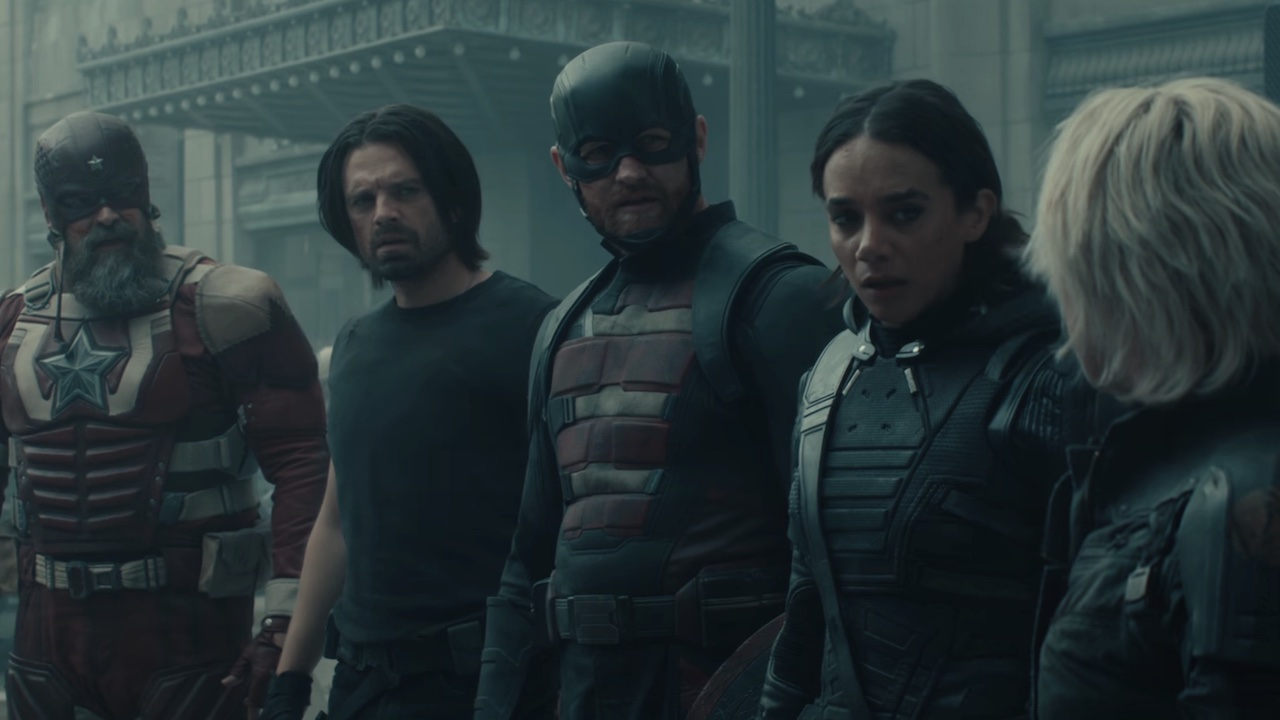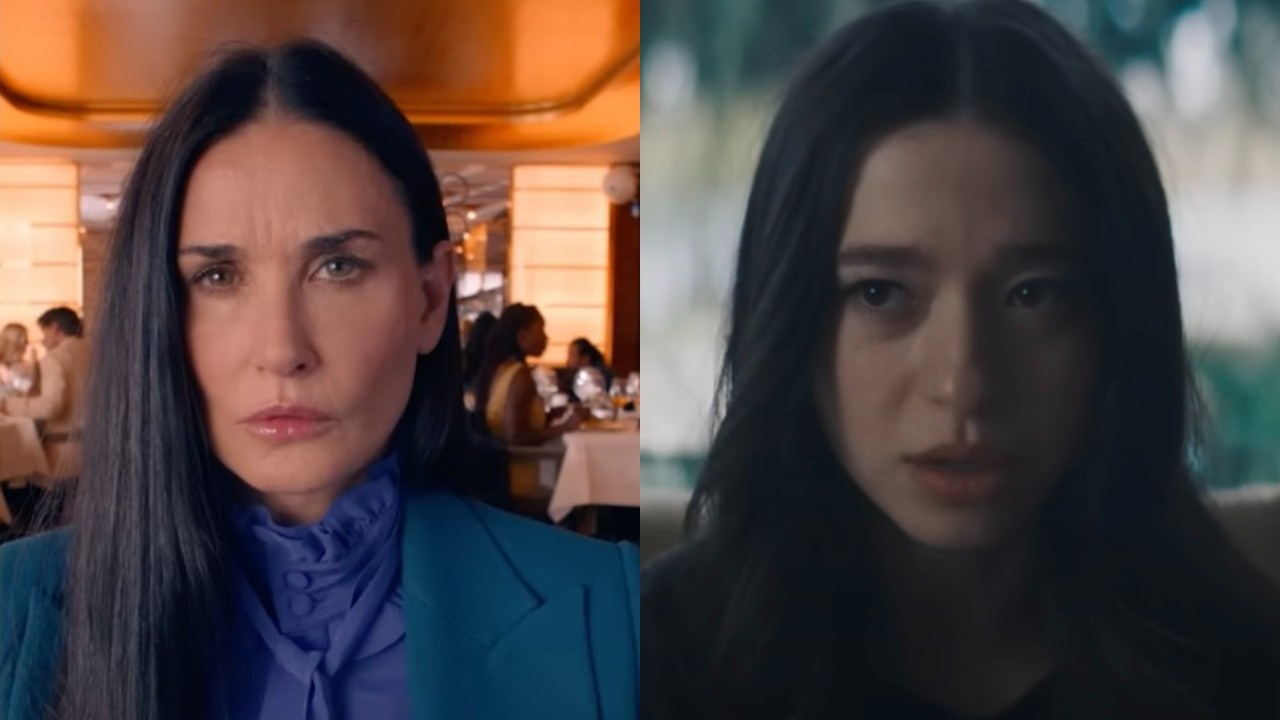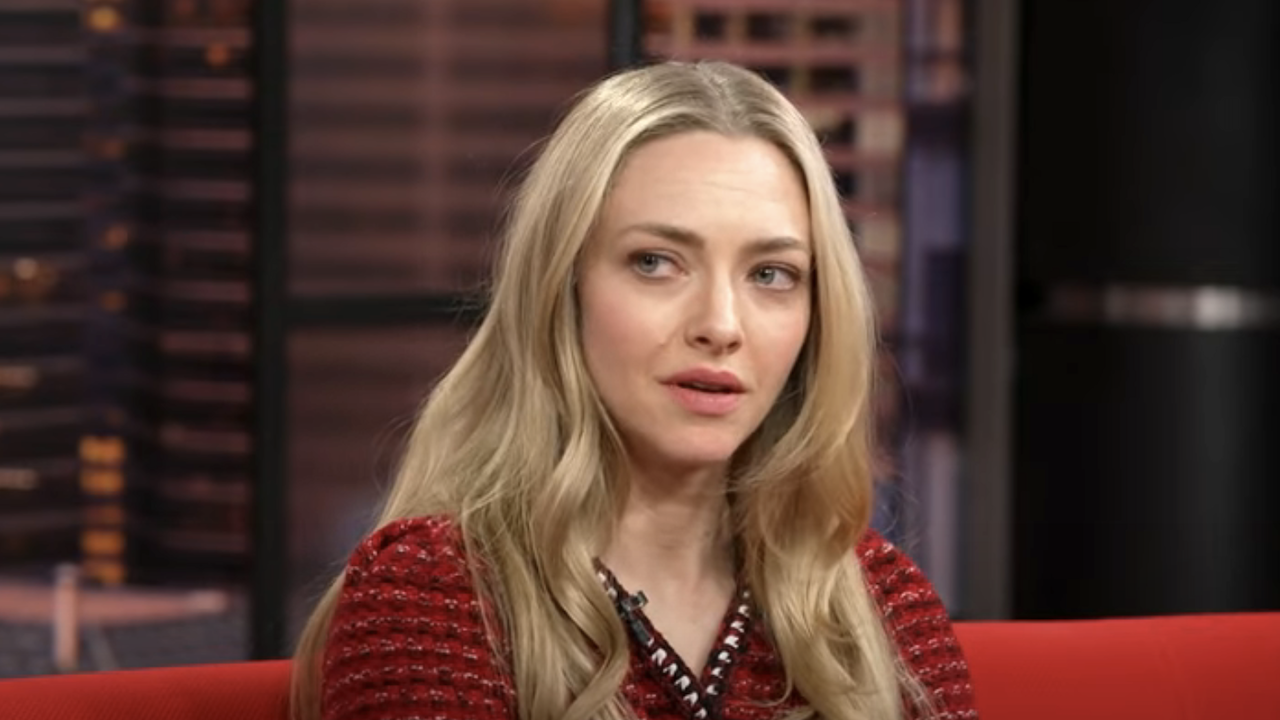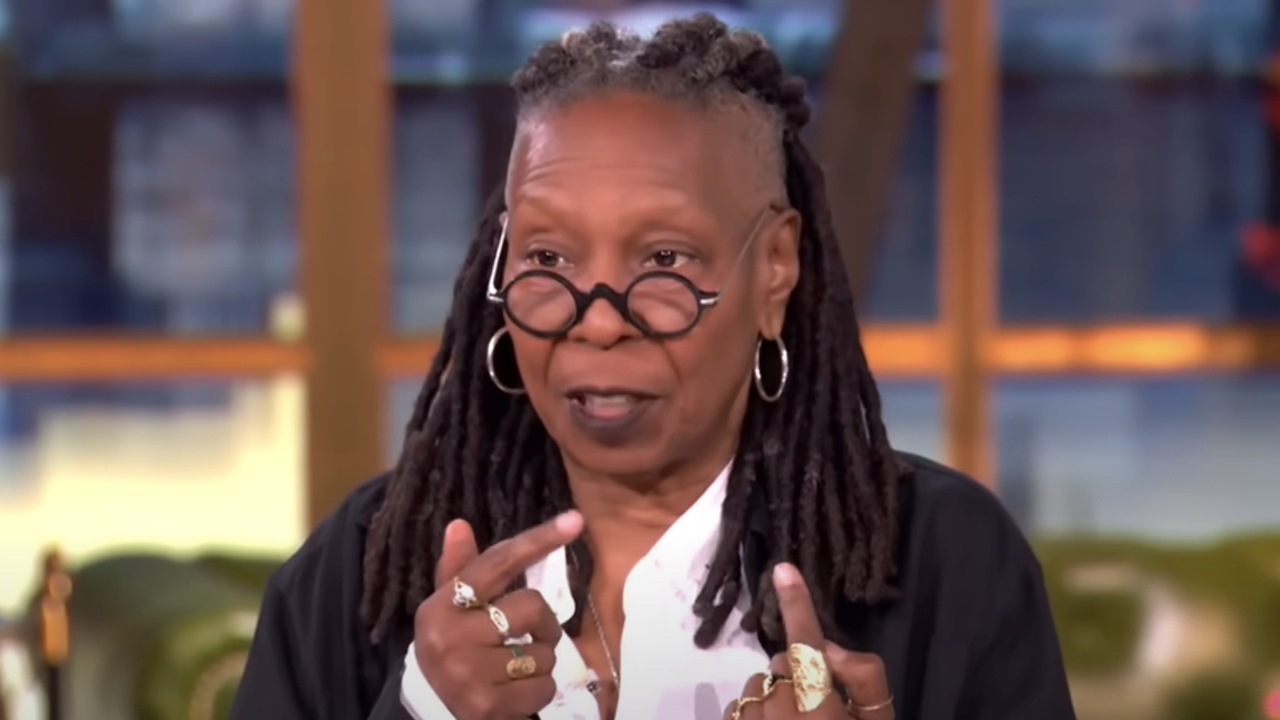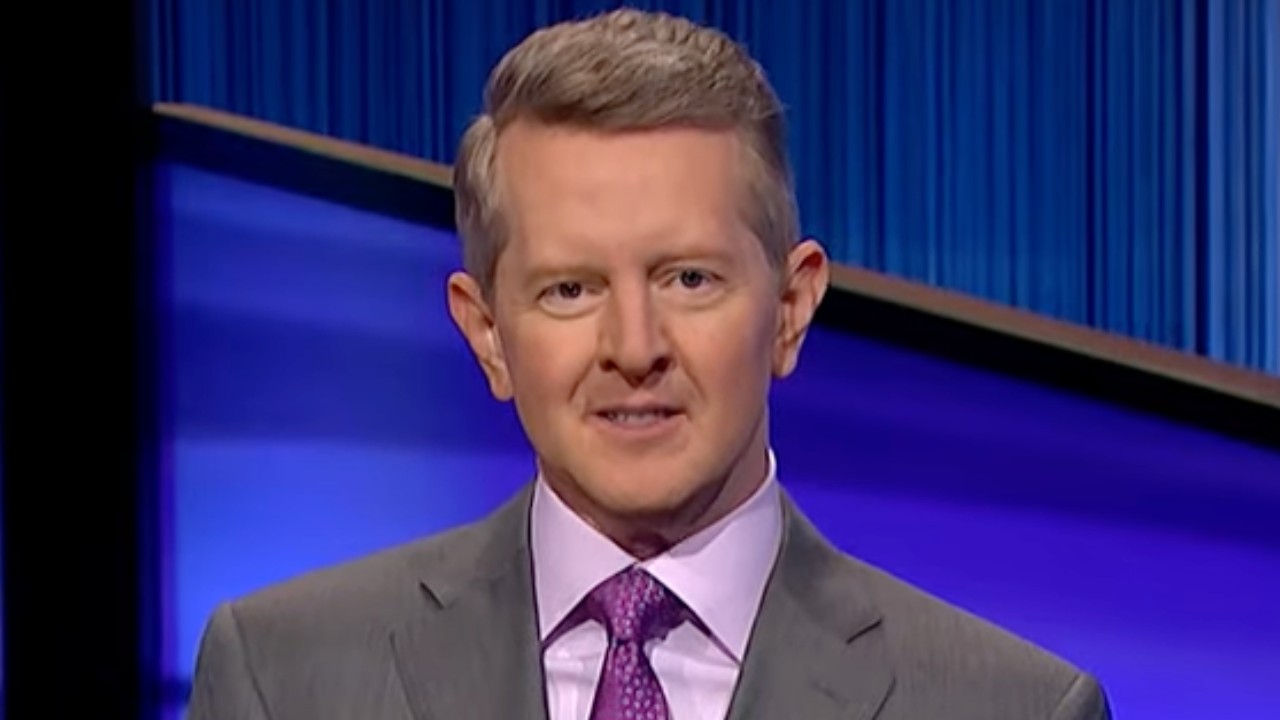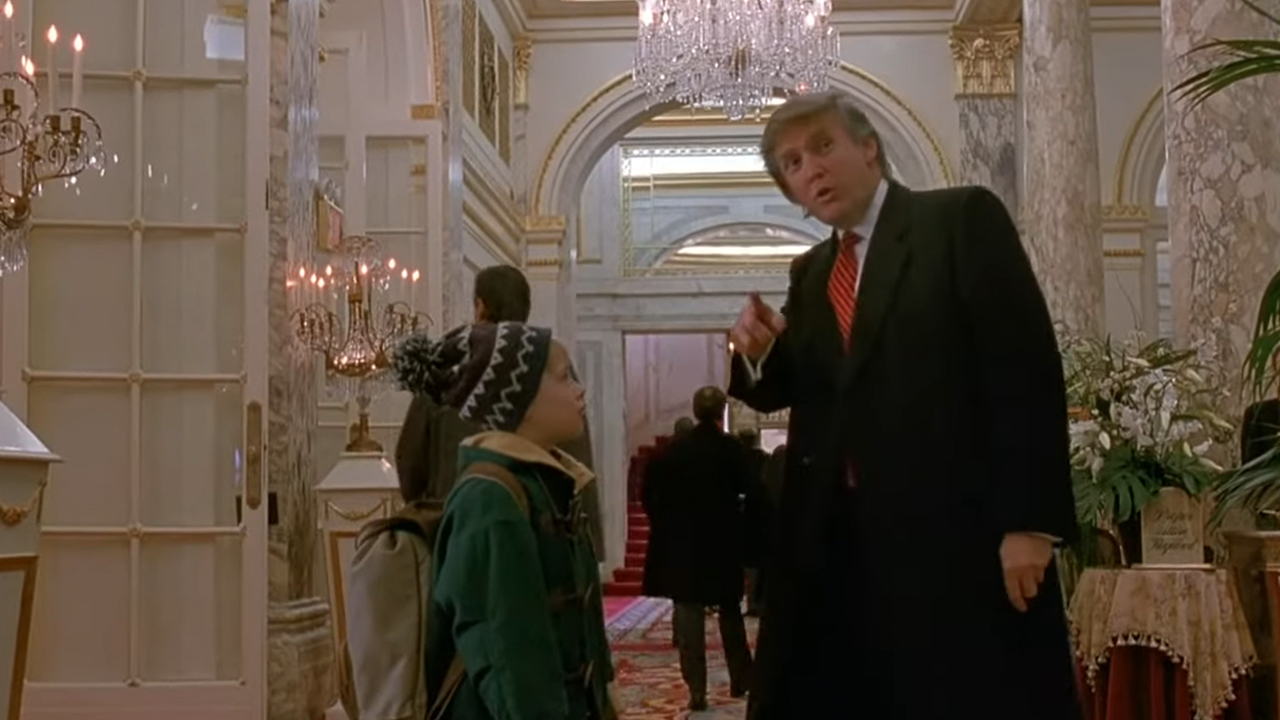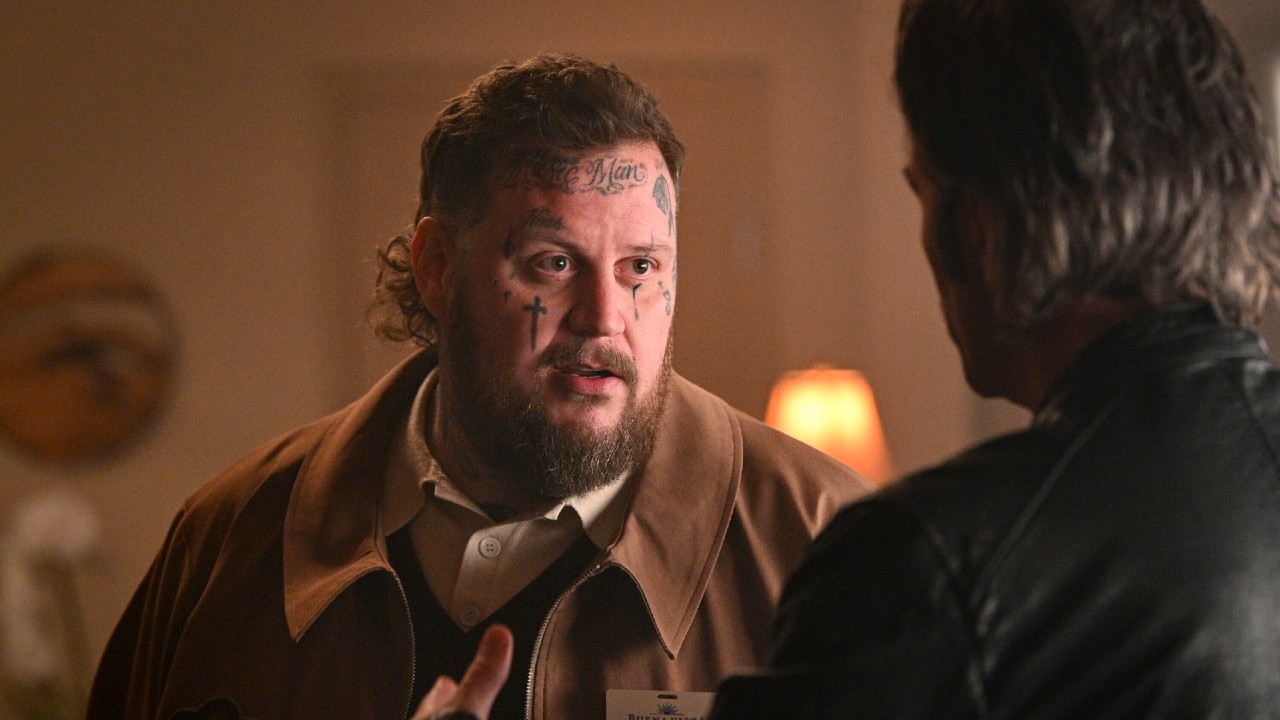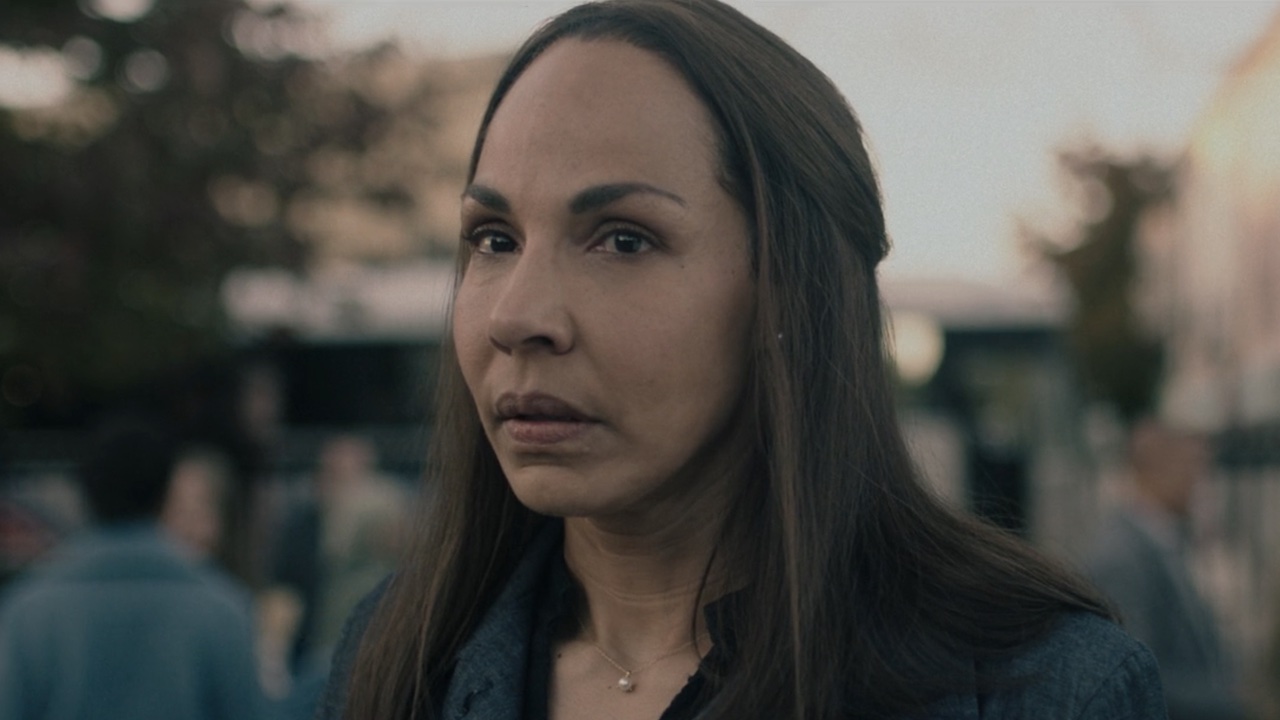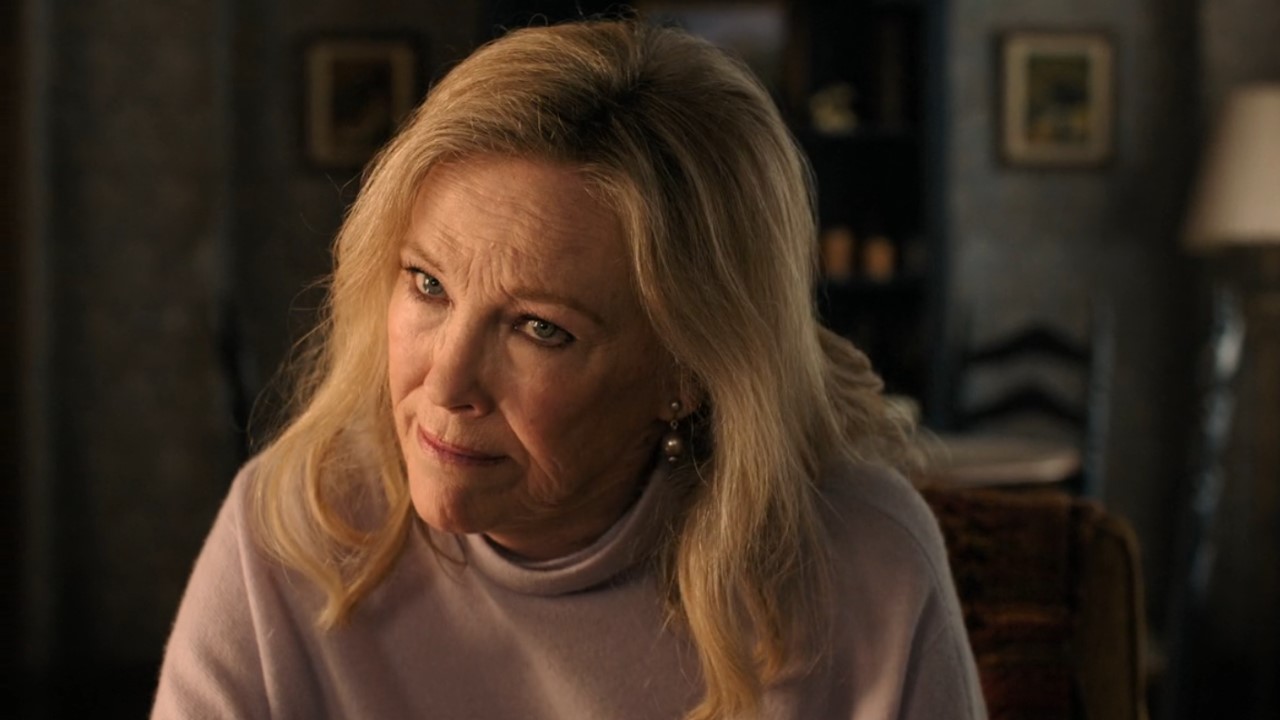10 Great Horror Novels That Need TV Adaptations Immediately
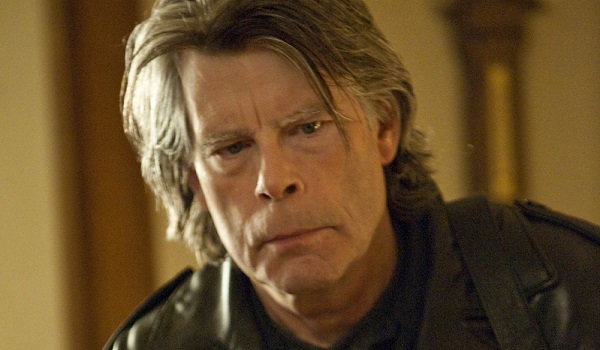
The horror genre is in the middle of a fantastic television resurgence, and series like Hannibal and Penny Dreadful are proving that adapting the masterworks of horror’s greatest minds is sometimes the way to go. As we’re on the eve of Lifetime’s TV movie Big Driver, based on Stephen King’s Full Dark No Stars novella, there’s no better time than now to look at ten(ish) horror novels that need to find their way to the small screen immediately. There are millions of psyches out there that just aren’t damaged enough, dammit.
A list so small obviously doesn’t account for the totality of this wonderfully enormous genre, and this is just a percentage of a percentage of the viewer-ready side of horror lit. (I left out our own Rich Knight’s Darkness of the Womb, though it would definitely make for some weird TV.) So check out my choices here and be sure to fill the comment section with horror novels that you think would make TV a more frightening, dangerous and all-around better place.
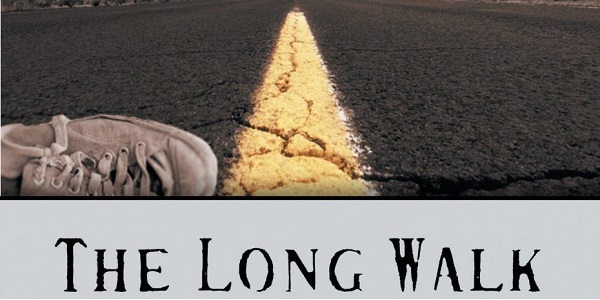
The Long Walk – Stephen King
Stephen King inspired this list (as well as many dozens of film and TV adaptations) so we might as well start with him, though CBS’ Under the Dome had temporarily turned me off of the idea of episodic King. With The Maze Runner’s theatrical success proving the dystopian teen fiction craze isn’t dead yet, King’s terrifyingly bleak tale of a last man standing should do well. The 1979 novel, originally written under pseudonym Richard Bachman, centers on a group of 100 boys who compete in an annual contest for which the winner gets literally whatever he wants for the rest of his life. But winning requires being able to walk longer than anyone else, under penalty of death. Sounds like a dreary story to live with week after week, certainly, but by introducing more flashbacks and expanding the narrative and characters to allow for a potentially different climax from the novel, The Long Walk would be a nice contemplative change from the surface-level issues of blockbuster YA fiction.
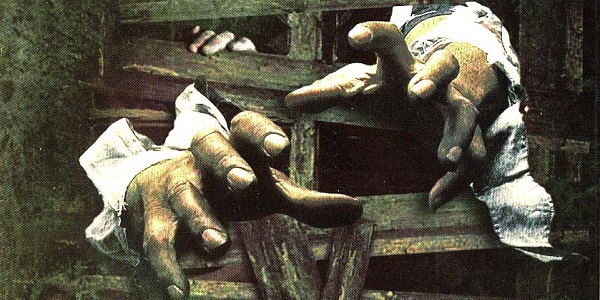
The Rising – Brian Keene
The Walking Dead’s massive success is slowly luring the zombie fervor away from features, so if we’re going to have more undead TV characters, they might as well come from one of the novels that kicked this craze off to begin with. Brian Keene’s 2003 novel The Rising takes place in a world where an interdimensional rift has been opened, and demons are let loose to enter the dead, starting up a zombie apocalypse. The story doesn’t sound revolutionary at this point – a suicidal guy teams up with a black minister and a heroin addict on a trek across part of the country so that he can find his son – but this isn’t a world where nothing is going on outside of the survivors’ stories. There’s a lot of fucked up stuff happening in Keene's head most of the time, and it only gets more complicated in the sequel City of the Dead.
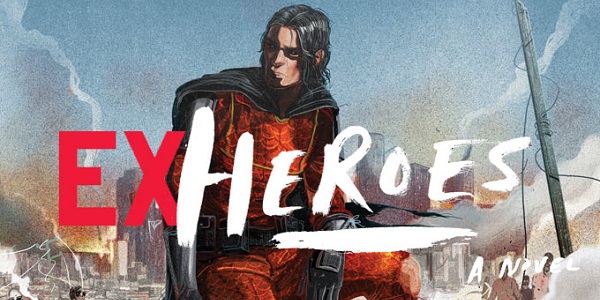
Ex-Heroes – Peter Clines
CINEMABLEND NEWSLETTER
Your Daily Blend of Entertainment News
But maybe today's audiences want their zombie fiction to be a little more heightened. If that’s the case, then Peter Clines’ superpowered action-fest Ex-Heroes and its sequels would almost guarantee gigantic ratings in the 18-49 demographic. To just say that 2010’s Ex-Heroes is “superheroes fighting zombies” completely robs it of the surprisingly deep character work, plot mechanics and superb action sequences that Clines fills these pages with. Our physically gifted protagonists, including the almighty St. George and the mech suit Cerberus, are holed up in the remains of a Hollywood movie studio (dubbed the Mount) in a country torn apart by both zombies and evil villains. The novel’s alternating timeline is perfect for doling out twists and turns, and gives showrunners a lot of material to work with from a narrative perspective. The marketing campaign for a project like this is a no brainer, and the running celebrity zombie gag wouldn’t hurt for cameos either.
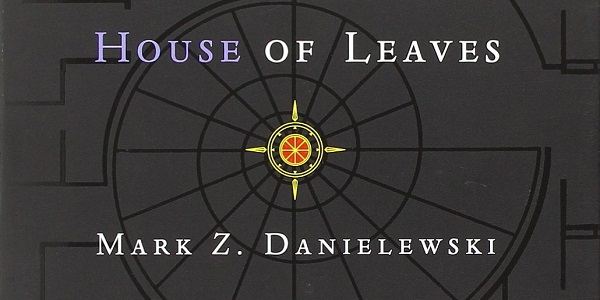
House of Leaves – Mark Z. Danielewski
I’m pretty sure getting Mark Z. Danielewski’s House of Leaves turned into a series would take a visual medium that hasn’t been invented yet. But that doesn’t mean some excitable scribe can’t at least attempt to bring this massive postmodern creepfest to the small screen. A story about obsession told partly in colored words, abundant footnotes and addendums, 2000’s House of Leaves is partly about Johnny Truant, a troubled man whose seedy lifestyle is thrown into chaos when he finds a mysterious manuscript called The Navidson Record. This manuscript forms the other main story tree and follows a photojournalist who discovers and studies a strange change happening inside his family's home. House of Leaves hits some arguably pretentious sections where the formation of the words on the page are used to express story elements, but all of that can be left behind for TV, where mental claustrophobia is easier to convey.
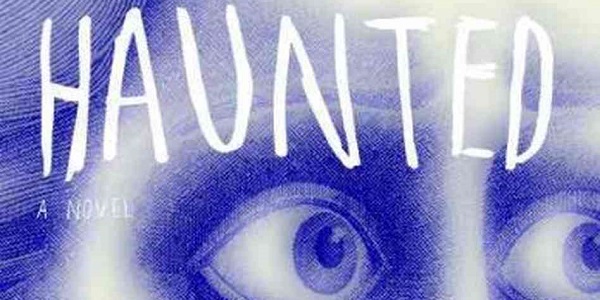
Haunted – Chuck Palahniuk
All of Chuck Palahniuk’s novels are filled with horrific experiences and situations, but 2005’s Haunted is pure unadulterated excess that would make for a daunting limited half-anthology series. The basic premise involves a group of writers meeting up for a mysterious retreat, for which they’re meant to exile themselves for three months to write their best work. Things immediately take a turn for the worse as everyone displays a violently self-conscious case of cabin fever, but what makes this book stand out are the characters' short stories that are interspersed with the madness. One of them is the infamous “Guts,” a story that reportedly made people vomit and pass out during readings, along with ones about a couple pretending to be homeless, Marilyn Monroe’s supposed unborn fetus, and blackmail-heavy underage sex. I’m thinking NBC isn’t the right place for this.
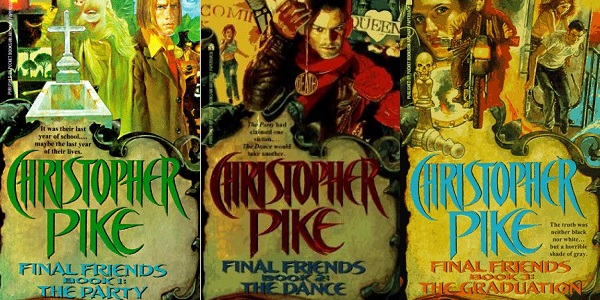
Final Friends Trilogy – Christopher Pike
As far as I’m concerned, The CW came into existence solely to bring Christopher Pike’s excellent YA novels to TV, yet not a single one of them has been adapted yet. (And we are not even going to think about the TV movie of Fall Into Darkness.) While The Last Vampire seems like the first choice here, the easiest place to enter Pike’s oeuvre is the Final Friends series from the late 1980s, which includes The Party, The Dance and The Graduation. This is melodramatic teen whodunit drama at its finest, as a group of high school students’ lives are changed forever once a huge house party ends in death, which leads some of them to spend the rest of the school year figuring out what happened. Never the horror punchline that his contemporary R.L. Stine turned into, Pike had a way of humanizing even the most annoying teen characters, which made the darkness of this trilogy stand out even more. That ending completely blew my preteen mind.
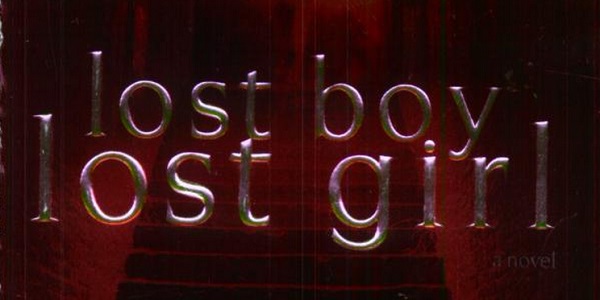
Lost Boy, Lost Girl – Peter Straub
Peter Straub’s bibliography is full of stories that would make fine TV shows, but the one that stands out the most to me is 2004’s Lost Boy, Lost Girl. An unpredictable tale about murderers and haunted houses, it follows novelist Timothy Underhill, who is trying to figure out how his sister-in-law’s suicide is connected to the recent disappearance of her son, and what it all has to do with an on-the-loose killer and an abandoned house that the boy had become enchanted by. Along with its equally unsettling sequel In the Night Room, Lost Boy, Lost Girl doesn’t immediately scream TV series, but audiences love missing person stories, and they seriously don’t get much more chilling than this.
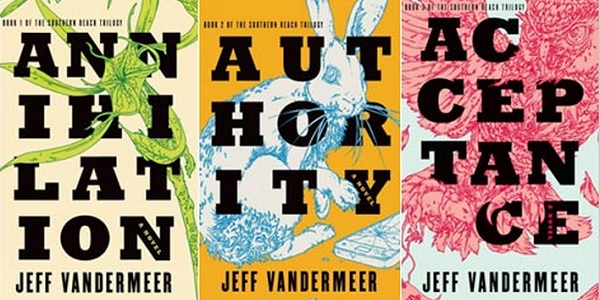
Southern Reach Trilogy – Jeff VanderMeer
While some authors take years to release their multi-book series, sci-fi/fantasy novelist Jeff VanderMeer released all three of the Southern Reach books between February and September of this year. Which is a good thing, since they’re easily three of the most addictive novels I’ve ever sat down with, giving readers several distinct narrative experiences from one book to the next. But since this is about TV shows, we’ll start with Annihilation, which introduces everyone to the unexplainable anomaly that is Area X, an abandoned piece of coastline with an absurdly sinister undercurrent. A group of explorers are surveying the land, which houses an underground tunnel and a lighthouse (among other things), but they all soon discover that Area X has a way of changing everything it comes into contact with. (The second and third books open the story up to include more horrifying background info about Southern Reach, the secret agency that employs the explorers.) Rarely have I been so unnerved by written fiction, and Annihilation could bring about an evolution of Lost fervor, for which viewers can lose their minds trying to figure it all out. Paramound and Scott Free acquired the novel trilogy last year with an eye on features, but a limited series could really bring prolonged justice to VanderMeer's haunting sequences and imagery.
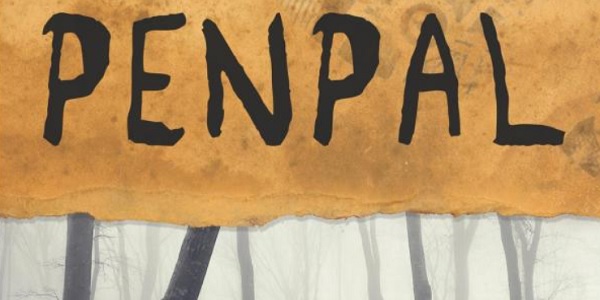
Penpal – Dathan Auerbach
Dathan Auerbach's 2012 novel Penpal was first conceived as a series of highly popular Reddit posts, and the finished product is a master class in disturbing fiction. Penpal's narrator is a man reliving a series of unassumingly terrifying incidents from his childhood that he now begins to realize have entirely shaped his adult identity. You might think because he's still alive that things won't get TOO scary or dangerous, but his tales of a mystery antagonist and a lost friendship will make your skin crawl right off of your body and head down to the crawlspace. Penpal would work best as told in only a few episodes, so I'm pretty sure creative minds in the U.K. would be far more adept at transferring Auerbach's chilling atmosphere to TV. Utopia and Black Mirror have proven how excellent the country has gotten with its horror storytelling.
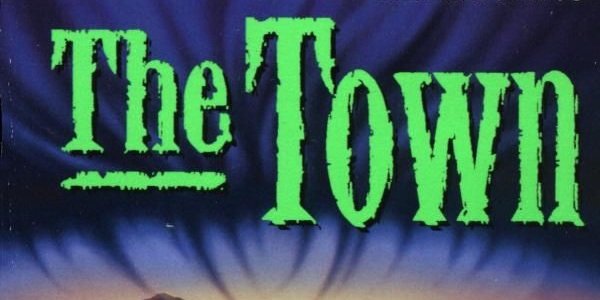
Bentley Little’s Bibliography
So I've already cheated several times in this list by including trilogies, but I'm going for broke here and saying that there absolutely needs to be an anthology series where each episode is a different Bentley Little book or story. He's a master of small-concept horror, spinning suspenseful situations out of a malevolent business (for the most part) in The Store, a supernatural train ride in The Burning, and a death-plagued city in The Town. Zombies? The Walking. Witches? The Circle. Missing people? The Disappearance. His short story compilation The Collection featured the "George Washington is a cannibal" story "The Washingtonians," which was turned into a Masters of Horror episode, and "The Show," a story that gloriously disgusted me in a way I didn't think was possible. Little has hit upon almost every nook and cranny in horror fiction, and his novels are to the point and uncomplicated, making them perfect for the anthologized form.
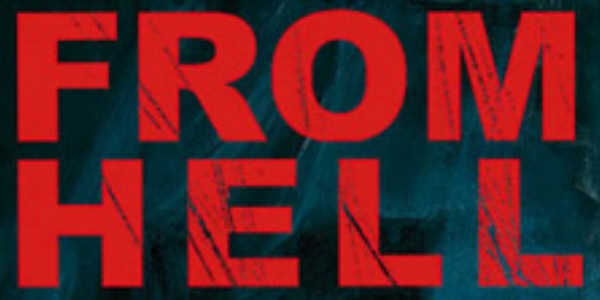
Bonus: From Hell – Alan Moore and Eddie Campbell
It's not quite a novel, but more information and research went into it than most books on the bestseller lists. Alan Moore and Eddie Campbell's magnum opus From Hell is a heavily detailed account of the Jack the Ripper murders, taking one of the many conspiratorial angles as their main thrust. It's a graphic novel where you come out of it a smarter person, and the kind of period horror that TV producers are fond of. Anything would be better than Albert and Allen Hughes' watered down 2001 feature with Johnny Depp.

Nick is a Cajun Country native and an Assistant Managing Editor with a focus on TV and features. His humble origin story with CinemaBlend began all the way back in the pre-streaming era, circa 2009, as a freelancing DVD reviewer and TV recapper. Nick leapfrogged over to the small screen to cover more and more television news and interviews, eventually taking over the section for the current era and covering topics like Yellowstone, The Walking Dead and horror. Born in Louisiana and currently living in Texas — Who Dat Nation over America’s Team all day, all night — Nick spent several years in the hospitality industry, and also worked as a 911 operator. If you ever happened to hear his music or read his comics/short stories, you have his sympathy.
